Good Friday 2025: Significance, Celebrations, and Insights
Good Friday is a day of profound significance in the Christian liturgical calendar, commemorating the crucifixion of Jesus Christ and his death at Calvary. It is observed during Holy Week as part of the Paschal Triduum. In 2025, Good Friday will be observed on April 18th, a date that will be marked by reflection, reverence, and various traditions around the world.
Understanding Good Friday
Good Friday is considered the culmination of the Lenten season, a period of fasting and penance that leads up to Easter Sunday. The day is intrinsically linked to the themes of sacrifice and redemption, marking the day when Christians believe Jesus made the ultimate sacrifice for humanity.
Historical Context and Significance
The origins of Good Friday date back to the early Christian communities, and it has been recognized and celebrated for centuries. The name “Good” is believed to be derived from an early English interpretation of the word “God.” In the context of the New Testament, this day holds the most significance as it leads to the resurrection of Christ, celebrated on Easter Sunday. This event symbolizes hope, salvation, and the promise of eternal life.
Good Friday Traditions Around the World
Different cultures have unique ways of commemorating Good Friday, reflecting local customs and traditions:
- Processions: Many countries, such as Spain and Italy, host somber processions featuring participants recreating the Passion of Christ, often carrying crosses or statues of the Virgin Mary.
- Fasting and Abstinence: In adherence to traditional observances, many Christians engage in fasting or abstaining from meat, as a form of penance. This is particularly common in Catholic communities.
- Church Services: Special services are held, including readings from the Bible centered around the crucifixion, the veneration of the cross, and solemn hymns reflecting the day’s themes.
- Acts of Charity: Many choose to engage in acts of charity or community service as a way to honor the spirit of sacrifice exemplified by Jesus.
Observing Good Friday in 2025
As Good Friday approaches in 2025, individuals and communities are encouraged to explore the ways they can observe this important day. Churches often provide resources for individuals and families, enabling them to participate in services and traditions, either in person or virtually. To enhance your Good Friday experience, consider:
- Participating in Local Events: Many local congregations and communities organize events and engagements that allow for communal reflection and observance. Explore schedules on GRMTucson.
- Incorporating Meaningful Practices at Home: Families can observe the day through prayer, scripture readings, and meaningful discussions concerning its significance.
- Supporting Community Initiatives: Many nonprofits and organizations facilitate charitable events on Good Friday, allowing individuals to serve those in need in honor of the day.
The Role of Reflection and Reverence on Good Friday
Good Friday is not only a day for observing rituals and traditions but also a time for deep personal reflection. Engaging with its significance encourages individuals to contemplate their own beliefs, values, and actions. It fosters a sense of community and connectedness as people come together in solemn observance.
Conclusion: Embracing Good Friday 2025
As we prepare to observe Good Friday in 2025, let us embrace the opportunity to reflect on the sacrifices made and the hope offered through the resurrection of Christ. Whether through personal reflection, community participation, or family traditions, Good Friday serves as a reminder of faith and the possibility of renewal and redemption.
Above all, Good Friday is an invitation to connect with our shared human experience—marked by suffering, hope, and community. Let this day inspire us to carry forward its teachings into our everyday lives, fostering compassion and kindness in our interactions with others.








